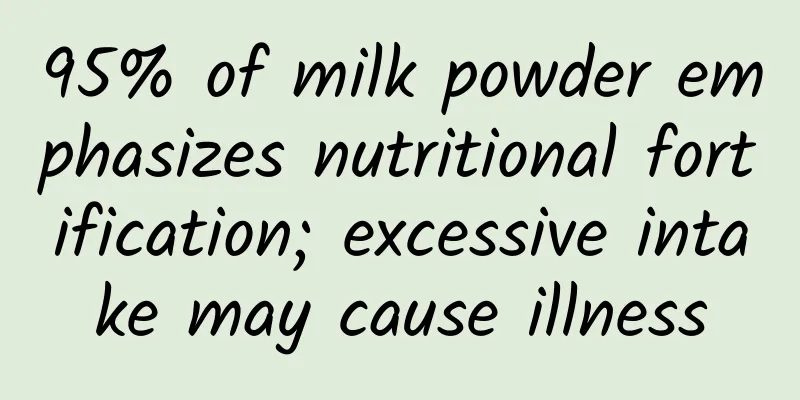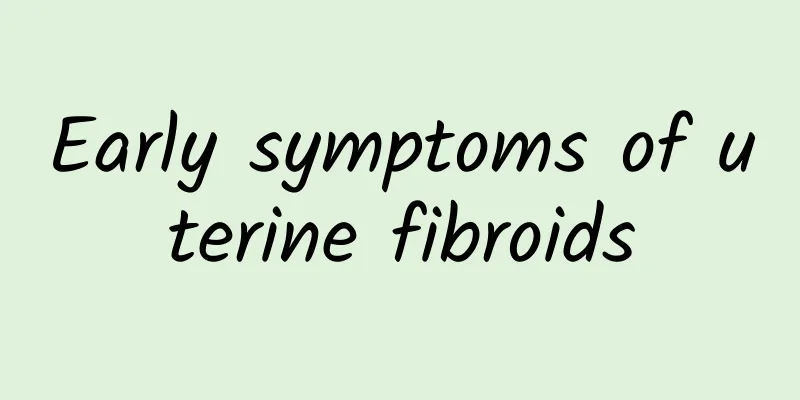95% of milk powder emphasizes nutritional fortification; excessive intake may cause illness

|
There are a wide variety of milk and milk powder on the market, all claiming to be high in iron, calcium, dietary fiber or vitamins, but are these nutritionally fortified products really healthier? The Tung Foundation recently conducted a survey on 41 commercially available milk powders and found that only 2 did not contain nutritional additives. As many as 95% were not "pure" dairy products. If people have the habit of taking other solid or capsule nutritional supplements, they may unknowingly ingest excessive nutrients, increase the burden on the body, and even cause disease. The Tung Foundation stated that nutrients are added to milk powder to provide for people with special needs, but because milk powder itself contains a variety of vitamins and minerals, it is enough to meet the nutritional needs of ordinary people, and other nutrients can also be obtained from a balanced diet of three meals, so there is no need for additional intake. If consumed in excess, it will cause harm to the human body. During the investigation, the Tung Foundation found that two types of milk on the market that were advertised as "nutritionally fortified" claimed to have added nutrients such as calcium, vitamin D3, iron, and folic acid. Not only did the packaging design, product name, or display method easily mislead consumers into thinking they were fresh milk products, but a closer look at the ingredients also revealed that they contained high-fat cream. The fat content of the blue package was as high as 4.1%, which is higher than the 3.8% fat in regular whole milk. In addition to improperly adding fat content, manufacturers of "LP33 diluted fermented milk" products also mix the fake with the real thing, using the health food certification mark as advertising, labeling their products as "'same' as LP33 yogurt bacteria, easily adjusts your physical condition," misleading consumers into thinking they are buying health food. Ironically, each bottle of this product contains 22 grams of sugar, equivalent to 5 or 6 sugar cubes, which seems to be contrary to the name of "health". Lin Wei, professor of the Department of Food and Health Nutrition at Chinese Culture University, said that fortified foods were created in response to the era of malnutrition and groups with special nutritional needs. Ordinary people can get a variety of nutrients through a diverse and balanced diet. There is really no need to spend a lot of money to eat more milk powder and dairy products containing nutritional additives, so as to avoid excessive intake that may harm health or even hinder the body's normal absorption of calcium in dairy products due to the intake of unnecessary nutrients. |
<<: Drinking 4 cups of coffee a day reduces risk of type 2 diabetes
>>: 1.8 million metric tons of food waste produced annually! Stack up 1017 Mount Everests
Recommend
How are adnexitis diagnosed?
What are the methods for diagnosing adnexitis? If...
Can I have a baby if I get pregnant with cervical warts?
Cervical warts are contagious and can cause serio...
What are the medicines for women to treat cervicitis? Women should pay attention to two points in their diet when treating cervicitis.
Cervicitis is now a very common gynecological dis...
Eat French fries as a meal! 30% of school children have red flags when eating out
Children's Day is approaching, and a survey f...
What are the symptoms of uterine fibroids? Abnormal leucorrhea is a manifestation of uterine fibroids
Before uterine fibroids occur, there will be some...
What are the main precautions for vaginitis?
I believe that female friends know something abou...
What are the examination items for cervical warts?
Although our living conditions have improved, the...
What are the types of pelvic inflammatory disease?
Pelvic inflammatory disease has a serious impact ...
What are the causes of vulvar itching?
Vulvar itching is a common gynecological symptom,...
Common causes of ectopic pregnancy
When it comes to ectopic pregnancy, many people m...
How long does it take to cure endometrial thickening?
Thick endometrium is one of the causes of female ...
Can acupuncture cure amenorrhea?
Acupuncture may help treat amenorrhea, but effect...
The most important preventive measure for cervical hypertrophy
Among the many diseases of women, some people hav...
WHO CAC Rome Annual Meeting lowers the upper limit of melamine content
The Codex Alimentarius Commission (CAC), jointly ...
Can adnexitis be cured?
Can adnexitis be cured? Women are weaker by natur...









